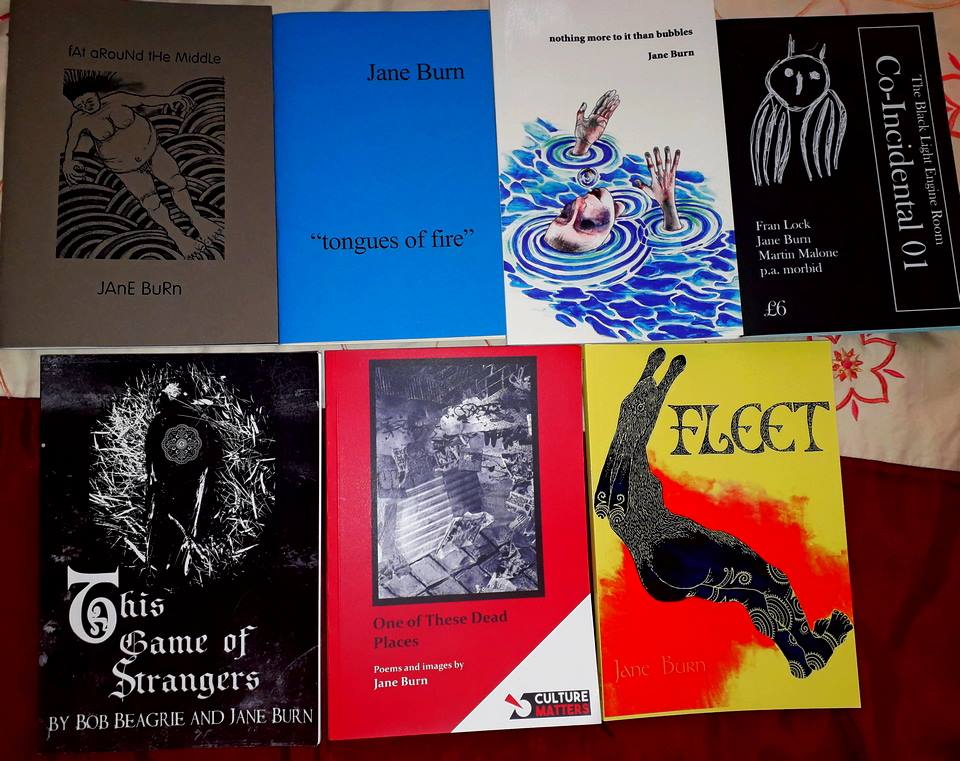
JANE BURN – POETRY AS HARD GRAFT, INSPIRATION, REACTION OR EXPERIMENT?
I interviewed poet & artist Jane Burn who won the Michael Marks Environmental Poet of the Year 2023-24 with A Thousand Miles from the Sea.
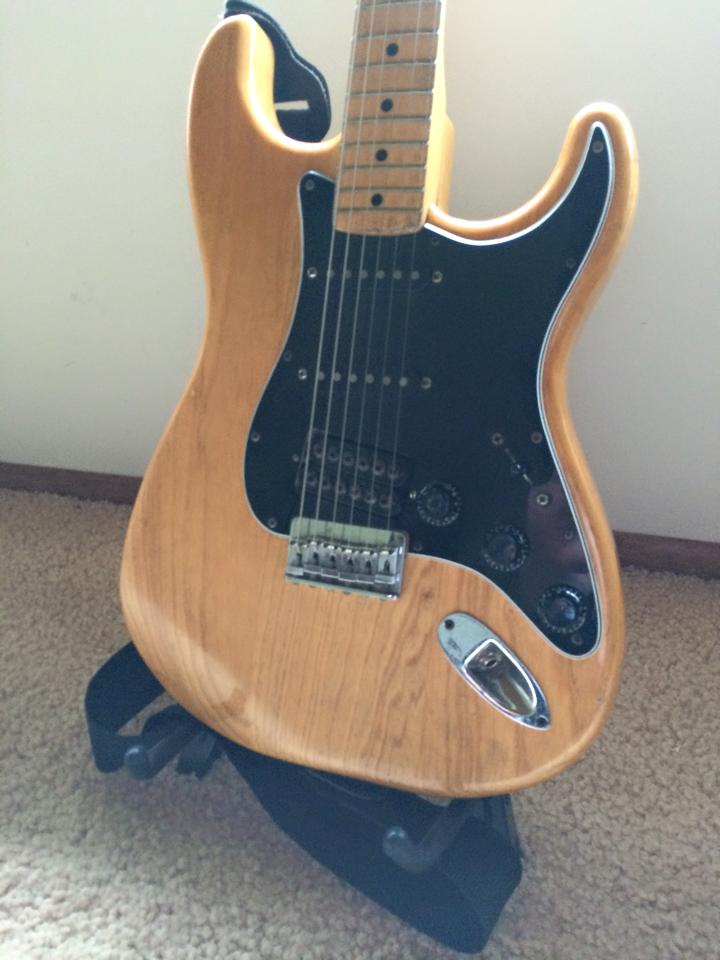
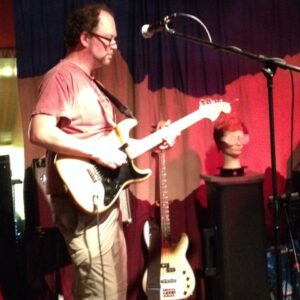
I interviewed psychologist and musician Joe Rhinewine about his recently-released anti-Trump album, ‘Monkey Grasps at Uranium’. I wanted to get a picture of The Resistance in America and how the President’s election has changed the lives of concerned citizens like Joe.
Leslie: Can you tell us about how the album began, please, and its most important influences?
Joe: Firstly, there was nothing clear in my mind when I began recording ‘Monkey Grasps at Uranium’, other than I was ripshit furious and had kept mostly silent about Trump since his election, after calling him out as an un-American, Fascist, walking piece of pig-excrement non-stop during the campaign, in so many words. So the starting place was elemental anger, and truthfully, fear, at least at first. I wrote, recorded and released the first song, ‘Drumphadelic Nightmare’ as quickly as possible, with little or no thought about what the rest of the CD would sound like. The song deals explicitly with race, and so is inherently dangerous. Everything I ended up intending to do in ‘Monkey Grasps at Uranium’ started with that song: savagely attacking this dangerous, un-American takeover of the White House by a Fascist-leaning movement, and it did so first and foremost by paying tribute to the African-Americans whose music most shaped me: George Clinton / Parliament Funkadelic, Stevie Wonder, and early rap artists like Sugarhill Gang. I grew up surrounded by their music, along with that of countless other funk, soul, R&B and proto-rap artists of the 1970s and early 80s.
To be clear: I did not realize that I loved this music at the time. The opposite, in fact; I pretended to dislike or at least be mostly uninterested in the music that others at my East Harlem elementary school enjoyed. I even dimly recall knowing that I actually dug it, and feeling faintly ashamed that I was being pretentious. By the time I was 18 or so, I started listening to all that stuff with great enthusiasm and pleasure, and it started to influence my sound. That said, I never played funk publicly in a band or recorded anything in that style. Doing so on this CD was liberating, though a bit frightening. It would be easy for people to accuse me of ‘cultural appropriation’, exploiting the music that I’m intending to pay tribute to… I can’t and won’t defend myself against such a claim, other than to say I imitate these giants out of love. Hopefully my pot-shots against my ‘color’, which I sprinkle throughout the album, call attention to the fact that I am fully aware that I’m the White Boy who is ‘Playing that funky music’.
 Secondly, the album, and everything I do musically, is a tribute to Frank Zappa. I use his methodologies pretty extensively, from my attempt at ‘Conceptual Continuity’ — connecting its parts together with recurring musical and stylistic themes — to pretty transparent nods to Frank, from a short quote in my patter at one point, to the recurring deep “Yeaaaahhhh” and other vocalizations. Those were actually HIS tributes to the African-Americans that inspired him, and whom he played with in his band. Again, dangerous stuff, to imitate any speech patterns that have racial connotations. But for this CD in particular, it seemed like exactly what I wanted to do: to point out that this election proves solidly that White people in my country suck, and I’m one of them, and at the same time say something like, “Well, we REALLY suck because some of the best things in our culture have African-American origins.” Like the entire basis of Rock-n-Roll, for starters.
Secondly, the album, and everything I do musically, is a tribute to Frank Zappa. I use his methodologies pretty extensively, from my attempt at ‘Conceptual Continuity’ — connecting its parts together with recurring musical and stylistic themes — to pretty transparent nods to Frank, from a short quote in my patter at one point, to the recurring deep “Yeaaaahhhh” and other vocalizations. Those were actually HIS tributes to the African-Americans that inspired him, and whom he played with in his band. Again, dangerous stuff, to imitate any speech patterns that have racial connotations. But for this CD in particular, it seemed like exactly what I wanted to do: to point out that this election proves solidly that White people in my country suck, and I’m one of them, and at the same time say something like, “Well, we REALLY suck because some of the best things in our culture have African-American origins.” Like the entire basis of Rock-n-Roll, for starters.
Thirdly, as I started writing more songs for the CD, I wanted to mock the styles of music that I also love and enjoy, but which are, well… very White. Like psychedelic rock and 60s pop styles. Much as Zappa mocked the doo-wop of the 50s which he actually loved. Understand that I know I am not 1% the musician that Stevie Wonder or Frank Zappa are; I’m a scrub compared to them and always will be. But I do not mind standing on the shoulders of giants. It’s all I can do, for now.
Leslie: Can you describe the key personal experiences behind ‘Monkey Grasps At Uranium’?
Joe: I’d say that ‘Monkey Grasps at Uranium’ was inspired by my childhood experiences: being called a ‘Dirty Jew’ by my white, Irish-Catholic ‘friends’ in upstate New York, being asked where my ‘horns’ were by other upstate NY denizens when my Jewish summer camp friends showed up at an ice-cream place. Being pushed around, literally and figuratively, for being nerdy and weak and fat as a child, by other children who had been racially and probably intra-familially traumatized in any number of ways. And, finding out various people I had once admired — such as Roger Waters — had vile views on my people, the Jews and Israelis. I’m no great fan of Israel’s policies and vocally oppose them at times, but if you’re going to eradicate all pernicious nationalism, I’d prefer that we don’t start by mass-murdering my relatives…Again.
So it’s the pig-headed racism, anti-Semitism, sexism, and … ISMism that inspires ‘Monkey Grasps at Uranium’. With the term ISMism, I’m thinking of the lefty people I met at college who were vicious and hateful toward absolutely everyone who happened to be White or male or differed from them in interpretation of reality. They were lost in ISMism. That was painful and educational as well, probably the most educational thing about college.. All pig-headed behavior inspires ‘Monkey Grasps at Uranium’. It’s about how fucking stupid we are as human beings, but also about how awesome we are.
It was important to me too, also in the spirit of Frank Zappa, to deal blows to ‘my side’ as well, as I did in the song ‘Ooh! (We Are So Groovy)’ which takes the piss out of Portland, Oregon, a city in which I chose to live. One thing that really angers me is that Portland declared itself to be a ‘Sanctuary City’, meaning that it would not cooperate with Trump’s ICE (Immigration and Customs Enforcement). Doing so is well and good of course and surely angered the President. However, we act as if we are somehow now not responsible for what is going on, which is the systematic deportation of undocumented Latinos, breaking up their families and causing unimaginable misery. As if this enforcement were a good priority for us to focus upon in the US, and as if this is a good and proper way to uphold the law, rather than a racist and xenophobic, brutal policy. I resent the smug complacency of White, hip Liberals, so that’s what the song is about. There should be protests every day about ICE and the protests shouldn’t just be led by Latinos. It’s clear to me that most Whites in Portland don’t really give a shit what happens to people who aren’t White, not if it’s going to inconvenience them.
Leslie: This second album has a much bigger sound and personnel than the first. Who were the key people, and what did they contribute?
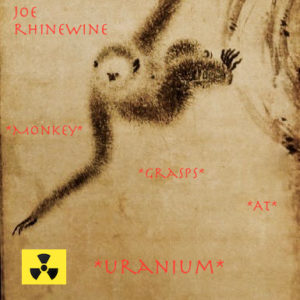
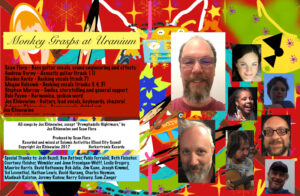
Joe: For fun, I brought my friend Scott San Fillipo on board to mix up our sound a bit. I guess I was also trying out what it would be like to have others involved, in a fairly safe way, having never ‘recruited’ other musicians for my recordings before. Scott played bass on a couple of songs. Poor guy — I was on a pot bender at the time, following its legalization in Oregon, and had written a blues in 15/16 that was the first thing I asked him to play… He rose to the occasion and played very well. I didn’t do it to be cruel, I was just really high that day when I wrote the song (which we ended up calling ‘B-Side Blues’) as well as the one following it, ‘There Ain’t No’. Classic stoned writing. I was straight at all our other recording sessions and since have gone pretty much clean and sober.
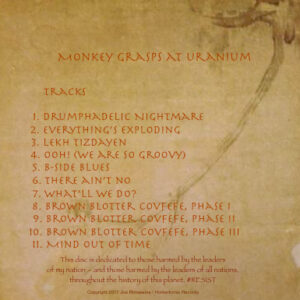
To do what I was setting out to do, I ended up having to get help. I had already plenty of help from Sean Flora, my engineer/producer/bass-player/general musical guru. But as the CD progressed, it became clear that our methods from our prior CD ‘Songs From NowHere’ were not going to cut it for this CD. We needed a real drummer for one thing, which Sean found in his old friend Joe Trump (‘no relation’ as we print in the liner notes). Joe is an incredible, veteran drummer and can play pretty much anything, plus he’s a Zappa fan. I was a little shocked at how easy and fun he was to work with. Before he actually showed up I was a bit intimidated by his resumé. Joe played drums on almost everything, whipping it off in two brief sessions, improving it all immeasurably. In the case of the experimental piece ‘Brown Blotter Covfefe Phase III’, his drum kit part is pretty much the basis of the piece and was in my concept from the start of creating that track. I had just figured we would have something far less sophisticated and far more repetitive that we would concoct using Sean’s electronic wizardry.
As we listened to the early versions of the songs, the sound seemed to us rather thin. I had wanted to collaborate with my friend and colleague Shadee Hardy for some time, and was pleased that she agreed to come sing background vocals (for ‘What’ll We Do’). Megan Holcomb I knew from my kids’ school, and she mentioned casually at a party that she sang, so I invited her along. She ended up laying down vocals on several tracks, along with Sean, who guided both of the vocalists through the process and came up with the parts. The songs sound WAY better with the background vocals.
Dale Payne I met online via a mutual interest in James Joyce, and our geographic proximity in Portland, OR. He’s a fascinating person and I wanted to involve him as soon as I found out he played blues harp. I didn’t audition him or anyone else; I could just tell he was probably pretty good, and I was right. His harp enlivens ‘Drumphadelic Nightmare’ and other tracks. Then I realized he would be perfect to do an improvised spoken-word part for ‘Brown Blotter Covfefe Phase III’ (the experimental track).
My son Solomon joined the team pretty much by accident. I had taken him to the studio when he didn’t have other summer activities, and he was heroic in his capacity for self-amusement. At some point he asked if he could record some vocal noises, and he jammed unrestrainedly with himself making bizarre and frightening animal noises, groans and wails. I thought it was fantastic and we put it into the experimental track, slowed down to half-speed for greater effect. Then, since he had accidentally produced the art for the single release of ‘Drumphadelic Nightmare’, I asked him to do some art for the inside of the CD. He uses a kids’ drawing program and did a splendid job — all I told him was to make it scary, consistent with the themes of the CD, and not too child-like. This kid is barely 10 years old, and yes I’m rather proud of him. His presence, as well as that of Sean’s dog Honeypie, and the interaction between the two of them, lent a great deal of tenderness and fun to the sessions that he was present for.
I wanted the CD to end on a sort of spiritual note, a track that would be uplifting and/or transcendent in some way. My first thought had been to cover ‘Tomorrow Never Knows’ by The Beatles, a track I love to pieces. I scrapped that idea, though, as I didn’t want to waste valuable space on a cover piece. I also knew that I lacked the technical prowess to create the kind of track I had begun to envision — one of great beauty and hope, with a dash of sophistication. I knew Andrew Gorny from years back, having met him when he was busking on the streets of Portland. He’s one of the best guitarists I’ve ever gotten to know, and he gallantly agreed to come up with a chord progression to my specifications, which were pretty vague, and play the acoustic guitar part on the CD. I think the result was beautiful and there’s no way it would have been nearly so had he not made his contribution.
I think that’s everybody. Sean contributed the most, playing the numerous roles I listed above, and I am grateful to him for his tireless work on this project. But everyone contributed significantly; no way could I have made a CD anywhere near this level of complexity or quality without a ton of help. To paraphrase Hillary Clinton, “It takes a village to say ‘Go Fuck Yourself’ to a president.”
As for writing process, what I will say is, mostly the ideas in this CD were developed very quickly and without much deliberation. Sometimes I’d have to wrangle over a chord progression or a set of lyrics to get it into presentable, coherent shape. But mostly they were just fits of inspiration. That is one thing for which I can thank Donald Trump. He has inspired much art, in his superlative loathsomeness.
Leslie: From your experience of creating this album, how do you think the expressive/performance arts can best deal with dark, difficult and painful material?
Joe: I wouldn’t claim to know how arts can best deal with the horrible stuff, but I can tell you how I do it, to the extent that I have insight into my process. So, for me, creating music is quite cathartic, specifically via humor—sarcastic mockery with an element of joy. This is essential to me it seems. It has to be a lot of fun — then, I win, my side wins; Trump and his people lose. And at the very same time, I reassure myself and others that we still essentially have something like free speech in my country. For now. And I get to play with an adolescent fantasy of being a ‘Rock Star’, which I am not even remotely nor am likely to become, but I’m allowed to dream, or at least to play-act.
Leslie: What do you think is required to build a successful psychology of resistance?
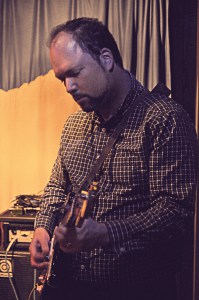
Joe: Again I can only tell you what I do, share with you my worm’s-eye view of this incredibly difficult matter. The first element is I protect myself from the non-stop onslaught of threats and gas-lighting that our President and his men inflict upon us daily. I don’t read the news or listen to news radio anymore. I never watched TV as an adult so that’s irrelevant. Second, I build community. I support those who resist this ultra-right administration, in various ways. Some I can talk about, and others I’d rather not. In the former category I’d include that I talk to my psychotherapy clients about their considerable feelings concerning the President and what his election and administration mean. Third, I have a “Plan B,” as my father was born in Toronto. My sister and I will be getting Canadian passports. Some of us have not forgotten the lessons of World War II, which are too many to list here. One of them is, when people start raising their right hands in the air and saying “Heil somebody,” you might want to consider getting the fuck out of dodge, permanently. I don’t think our democracy has collapsed in the USA, not yet. But I have a Plan B. I wish everyone did. Most people do not. God help us all.
10% of the proceeds from ‘Monkey Grasps at Uranium’ will go to the American Civil Liberties Union.
You can buy the album ‘Monkey Grasps at Uranium’ here.
Leslie: Thank you, Joe, for a passionate, revealing and frank interview.
Next week, in AND THEN THERE WAS BLUE, I describe how I wrote Blue, the second book in the Lavender Blues trilogy, and its relationship to actual events in my life.
ABOUT LESLIE TATE’S BOOKS:

I interviewed poet & artist Jane Burn who won the Michael Marks Environmental Poet of the Year 2023-24 with A Thousand Miles from the Sea.
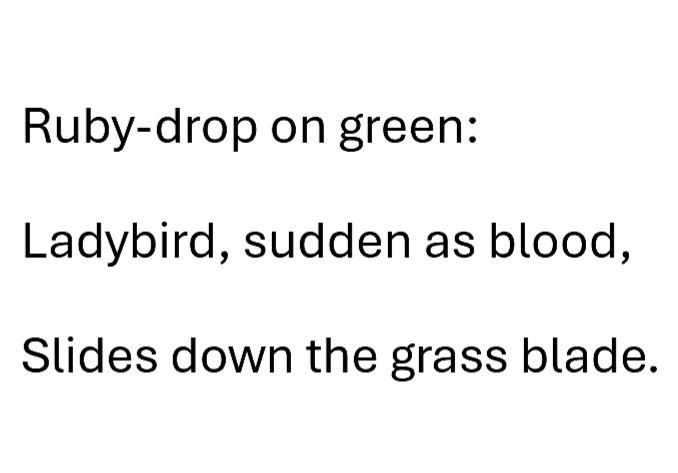
I interviewed ex-broadcaster and poet Polly Oliver about oral and visual poetry, her compositional methods, and learning the Welsh language. Polly says, “I absolutely love
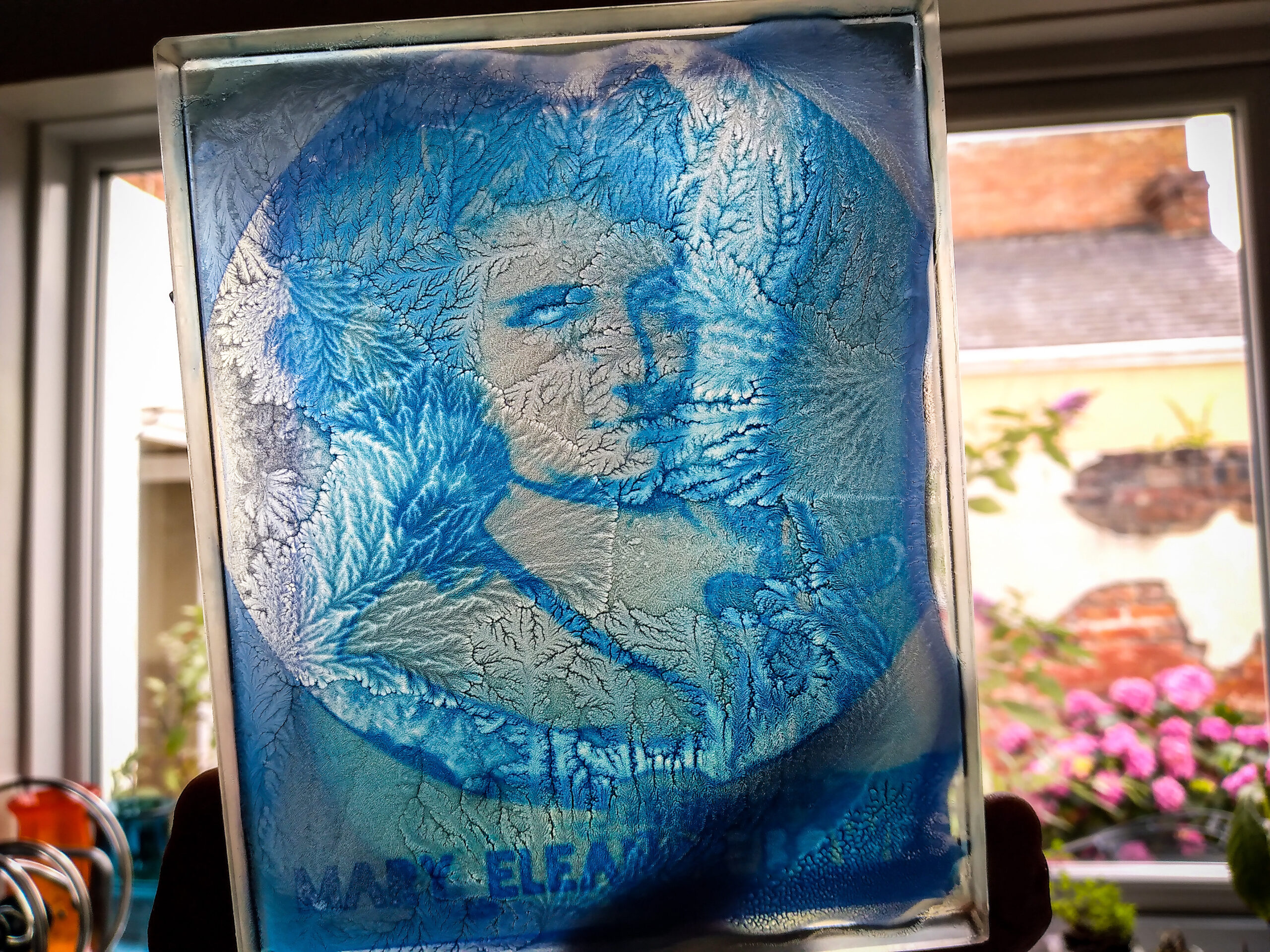
I interviewed Jo Howell who says about herself: “I’ve been a professional photographic artist since I left Uni in 2009. I am a cyanotype specialist.
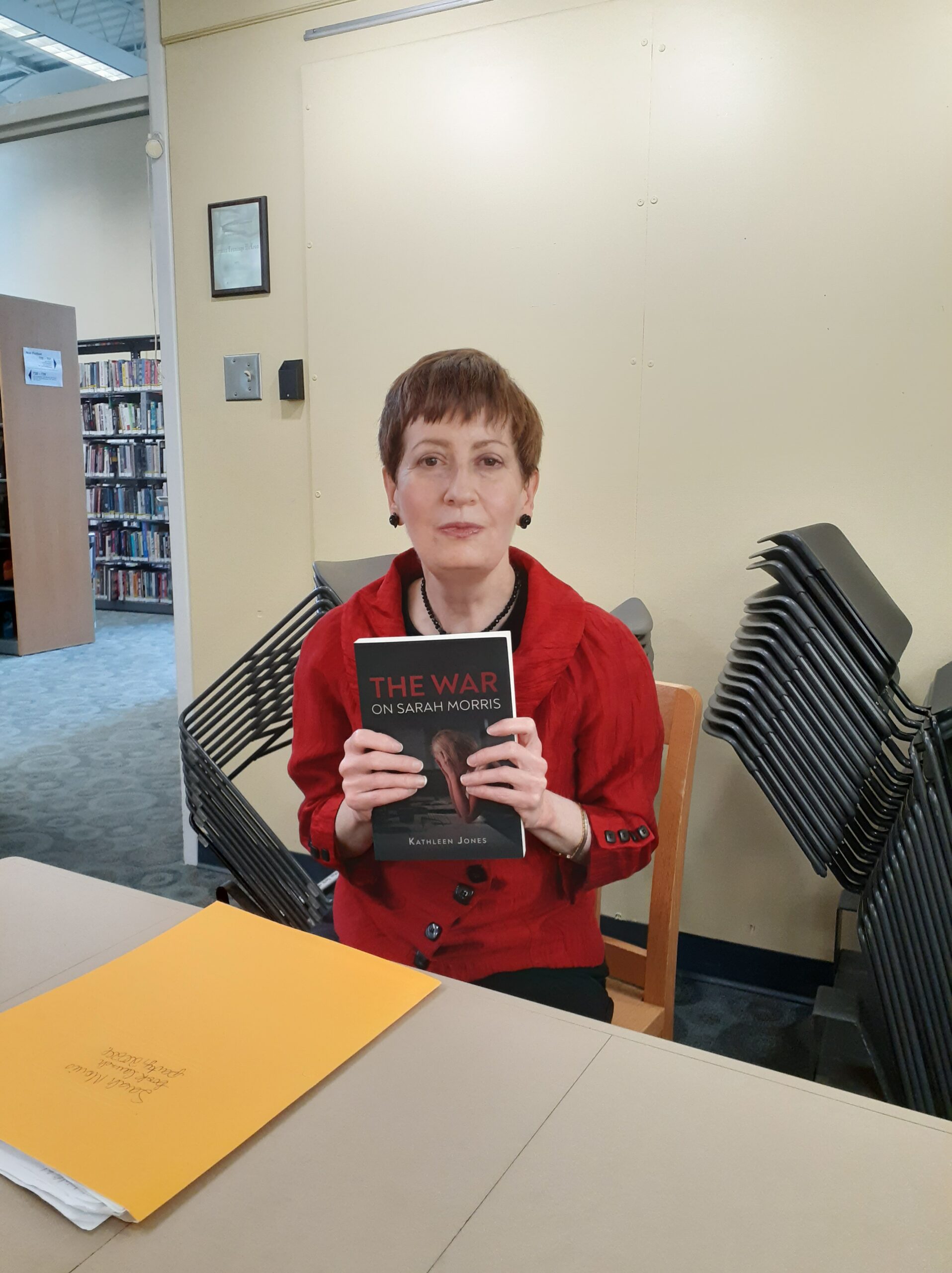

Poet Tracey Rhys, writer of Teaching a Bird to Sing and winner of the Poetry Archive’s video competition reviews Ways To Be Equally Human. Tracey,
| Cookie | Duration | Description |
|---|---|---|
| cookielawinfo-checkbox-analytics | 11 months | This cookie is set by GDPR Cookie Consent plugin. The cookie is used to store the user consent for the cookies in the category "Analytics". |
| cookielawinfo-checkbox-functional | 11 months | The cookie is set by GDPR cookie consent to record the user consent for the cookies in the category "Functional". |
| cookielawinfo-checkbox-necessary | 11 months | This cookie is set by GDPR Cookie Consent plugin. The cookies is used to store the user consent for the cookies in the category "Necessary". |
| cookielawinfo-checkbox-others | 11 months | This cookie is set by GDPR Cookie Consent plugin. The cookie is used to store the user consent for the cookies in the category "Other. |
| cookielawinfo-checkbox-performance | 11 months | This cookie is set by GDPR Cookie Consent plugin. The cookie is used to store the user consent for the cookies in the category "Performance". |
| viewed_cookie_policy | 11 months | The cookie is set by the GDPR Cookie Consent plugin and is used to store whether or not user has consented to the use of cookies. It does not store any personal data. |
3 responses
Oh my! It’s 6: 20 am here in Montreal as I sit reading this interview and Joe Rhinewine’s words jump straight off the screen of my laptop, with a loud sonic BOOM!
And I’m grateful. It’s so refreshingly LUCID and direct. No punches pulled.
Which makes me wonder what “Monkey Grasps at Uranium” must sound like, and what it might stir up inside the listener. There’s incredible clarity in Joe’s long and passionate responses to Leslie’s questions, and from my position, which is a lot closer to Washington D.C. than he is (though north of the US border), I hear the alarm bells he’s sounding; the fury, the worry, the pain, the fear, the resistance.
I envy the fact that Joe can respond with music, rather than only words—of which there is such an uninterrupted, daily, confused, often corrupted, distorted and unfiltered torrent pouring from North American media.
I hope his songs stir something inside everyone who hears them. And I’d be very happy to have him make good use of his Canadian passport…and perhaps settle in Montreal?
Thank you, Joe!
And thank you, Michelle! Let me know where to send it and you’ve got a copy of the CD.
I’ve already ordered two. xo